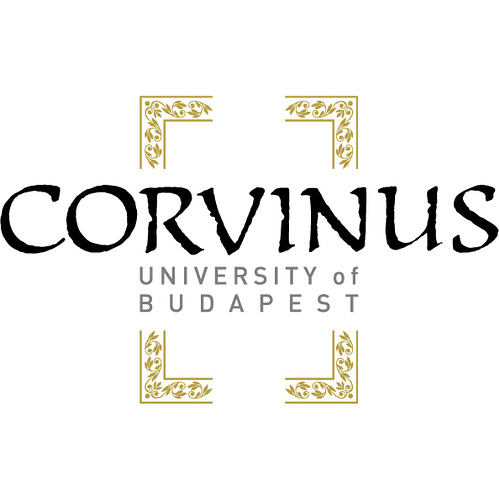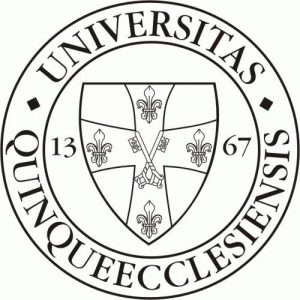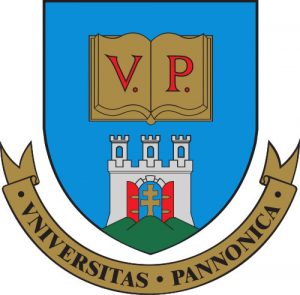The University of Pannonia, the Corvinus University of Budapest and the University of Pécs submitted a consortium application for a call for proposals for the Human Resource Operational Program, Thematic Research Network Collaborations, announced by the Ministry of Human Resources. The grant application received a positive decision, so the Consortium received a grant of 1.207.498.902 HUF from the European Social Fund and Hungary. The project will be implemented between 1 July 2017 and 31 October 2020.
The general objective of the program is to increase the international embeddedness of the basic research defined in the project in the field of regional and economic sciences through the achievement of high visibility and participation in Horizon 2020 projects and European research networks and research programs, as well as European research sites, on the development side, in a targeted and thematic manner, within the framework of a consortium organized around the development of intelligent systems.
With the implementation of the consortium project, the institutions aim to become more active in the field of regional and economic sciences in order to accelerate the deployment of the knowledge-based economy and cooperate with the actors of international research and development programs. The aim of the thematic research project is to increase the potential of participating institutions in the R&D&I theme, whose long-term results will be accelerated in building the knowledge-based economy.
The technical pillars of the project are implemented in three strategic research fields during the development period, each led by one consortium partner:
Strategic field I: Identifying the factors defining regional success and competitiveness, creating models (UP)
Strategic field II: Social and environmental sustainability model within natural and cultural heritage management (UP)
Strategic field III: Social Innovation (CUB)
Within the framework of the project, common and targeted basic researches will be given special attention to talented students and PhD students in their field of science, who contribute to the scientific work in a student scholarship system. In order to encourage networking and relationship building, various professional and research teams are set up. Professional programs and forums will be organized to share the experiences and the results achieved. Various trainings are organized for professional and individual development, focusing primarily on the development of international tender management, innovation and research management, and presentation skills. A Marketing Focus Laboratory is also being set up at the University of Pannonia, which contributes significantly to the success of the research activities.
Due to the professional cooperation developed during the consortium application, the work of a professional community covering several scientific fields contributes significantly to develop a knowledge-based economy in Transdanubia.




